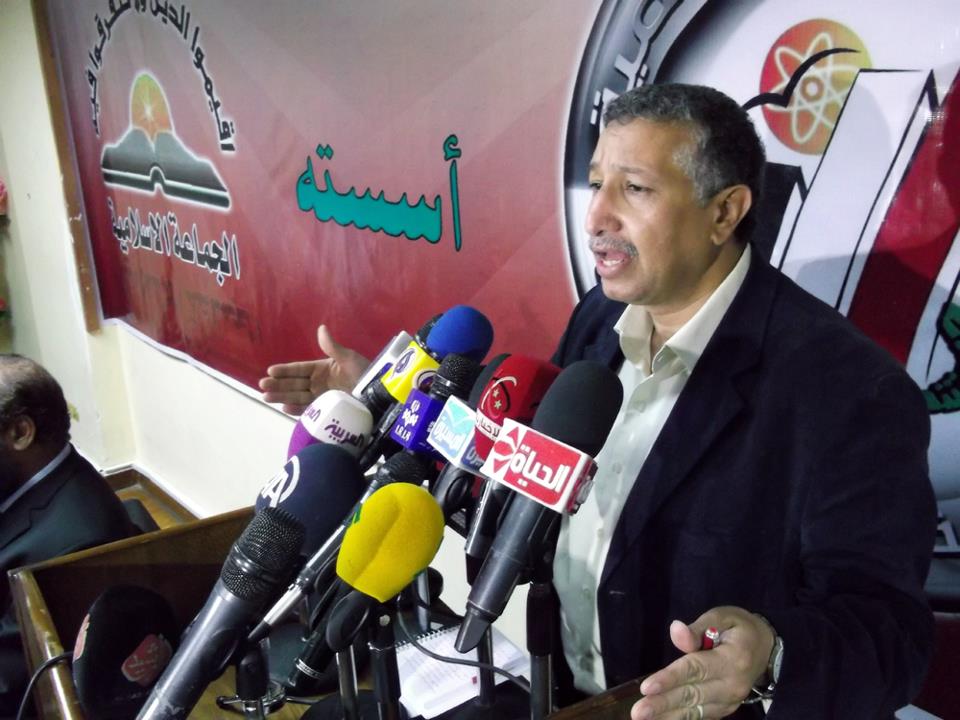In a significant meeting held in Cairo on Tuesday, Egypt’s President Abdel Fattah Al-Sisi conferred the prestigious Order of the Nile upon Sheikh Meshaal Al-Ahmad Al-Jaber Al-Sabah, the Emir of Kuwait. The leaders engaged in comprehensive discussions on bilateral and regional matters, with the situation in Gaza emerging as a focal point.
The dialogue encompassed a spectrum of collaborative endeavours across investment, trade, energy, infrastructure, healthcare, education, culture, and tourism. The Emir of Kuwait expressed unwavering support for Egypt’s water security, recognizing its critical role in the broader context of Arab water security, and opposed any actions compromising Egypt’s entitlement to the Nile waters.
On the Palestinian issue, both Al-Sisi and Al-Ahmad concurred on the urgent need for an immediate and enduring ceasefire in Gaza. They underscored the importance of ensuring unimpeded access to humanitarian aid for Palestinians and the implementation of Security Council Resolution No. 2720, which includes establishing a UN mechanism to facilitate aid delivery in Gaza.
The leaders denounced the continuation of Israeli military operations and cautioned against the potential expansion into Rafah, highlighting the severe humanitarian repercussions such actions could entail. They warned against Israeli policies that could escalate the conflict and jeopardize regional and global security.
Al-Sisi and Al-Ahmad called upon the international community to fulfil its obligations in resolving the Palestinian Cause, advocating for the two-state solution based on the pre-1967 borders with East Jerusalem as the capital. They firmly rejected any efforts to undermine the Palestinian issue, Israel’s contraventions of international norms, and the forced displacement of Palestinians.
In this vein, they reaffirmed the right of return for Palestinian refugees as per General Assembly Resolution No. 194 and emphasized the critical role of the United Nations Relief and Works Agency for Refugees (UNRWA), advocating for its financial support amidst targeted opposition.
Addressing the Libyan situation, the two sides emphasized respect for Libya’s sovereignty, unity, and territorial integrity, rejecting external meddling. They also advocated for an immediate and lasting ceasefire in Sudan, opposing military support from foreign entities to any conflicting parties.

